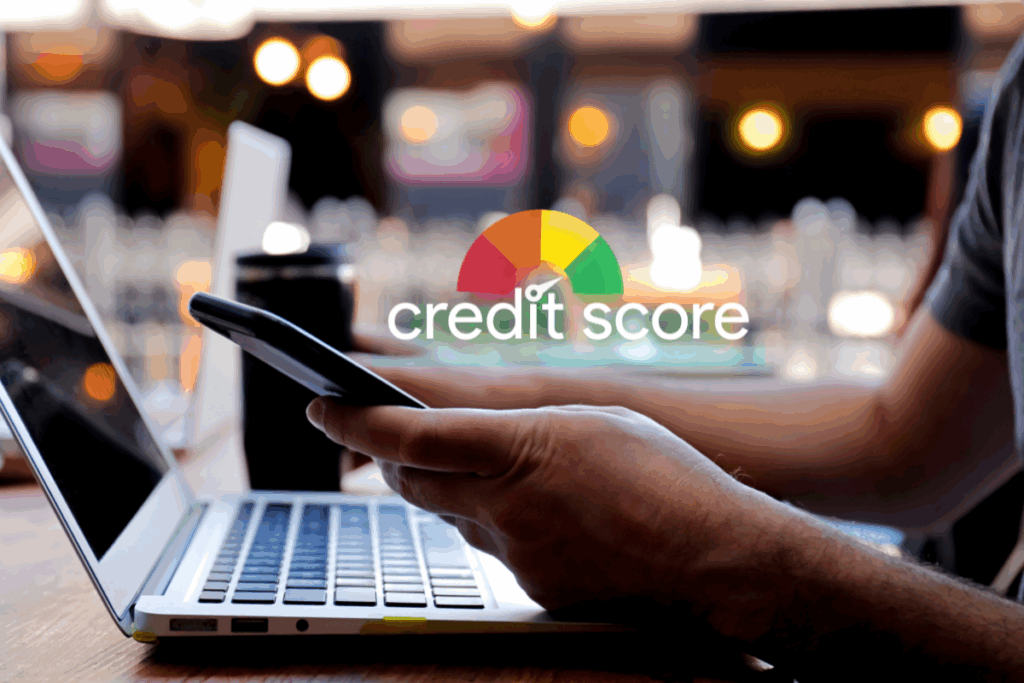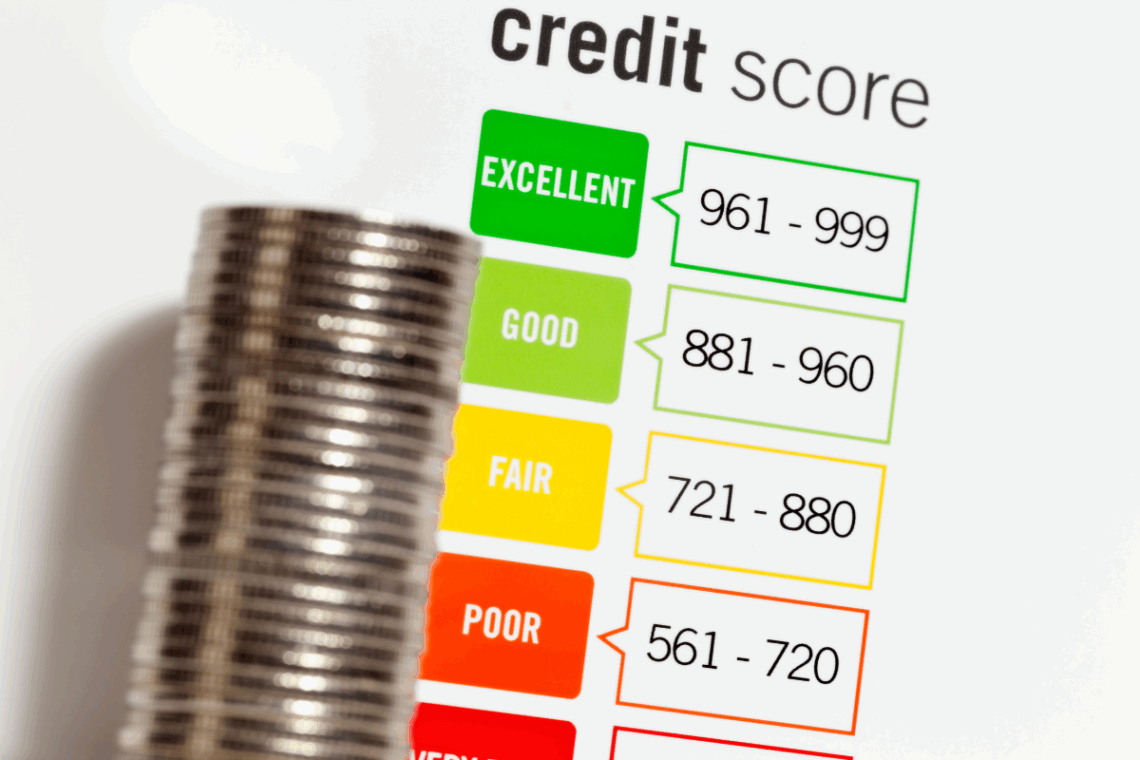In today’s fast-paced world, needing a personal loan isn’t uncommon—whether it’s to handle unexpected medical bills, carry out urgent home repairs, or consolidate mounting debt. However, if your credit score isn’t exactly stellar, getting a loan approved can feel like an uphill battle. Fortunately, having a bad credit score doesn’t mean you’re out of options.
In Singapore, many people face this challenge, and the good news is that there are still ways to get the help you need. While traditional banks might be hesitant, alternative financial solutions are available. With the right approach, you can still find the best money lender that’s willing to consider your situation more holistically.
This guide breaks down everything you need to know—from what your credit score means and how it affects your loan application, to the practical steps you can take to boost your chances. We’ll also explore other lending options, including licensed moneylenders who may be more flexible in their assessments. If you’re looking for smart ways to move forward despite a low credit rating, this is the place to start.
Understanding Credit Scores in Singapore
Before looking at how to improve your chances of getting approved, it’s important to understand how credit scores work within Singapore’s financial system. In Singapore, your credit history plays a key role in whether or not you qualify for a Singapore loan—and on what terms.
The Credit Bureau Singapore (CBS) is the main body that tracks your borrowing behaviour. It collects data from banks and financial institutions to generate your credit report and credit score, which ranges from 1000 to 2000. The higher your score, the more trustworthy you appear to lenders.
Here’s a general breakdown of CBS credit scores:
- 1000–1723: Grades HH to CC (considered poor to below average
- 1724–1910: Grades BB to AA (average to good)
- 1911–2000: Grade AA (excellent)
Several things can affect your score:
- Late or missed repayments
- High usage of your credit limit
- Multiple active credit accounts
- Frequent new credit applications
- Any history of bankruptcy or court actions
If your score falls below 1723, you’ll likely be classified as having bad credit, which can make it harder to secure a Singapore loan—or lead to higher interest rates and tighter repayment terms. But don’t worry—being in this category doesn’t mean you’re out of options entirely.
Why a Bad Credit Score Makes Borrowing Difficult
From the lender’s perspective, a low credit score signals a higher risk of default. Banks and financial institutions are bound by strict regulations and risk-assessment protocols that limit their ability to lend to high-risk individuals. As a result, those with bad credit may:
- Be offered loans with higher interest rates
- Face lower approval chances
- Be required to provide collateral or a guarantor
- Receive smaller loan amounts
However, this doesn’t mean that all doors are closed. Let’s explore how to still move forward.
Can You Still Get a Personal Loan With Bad Credit?
Yes, you can. While a bad credit score limits your options, it doesn’t entirely rule out the possibility of obtaining a loan. In Singapore, several legal alternatives and financial strategies can be employed, especially when you approach the process smartly and transparently.
Step-by-Step Guide to Getting a Personal Loan with Bad Credit
1. Assess Your Financial Health Honestly
Before applying for a loan, take stock of your current debts, income, expenses, and repayment ability. This not only helps you apply for the right loan amount but also strengthens your case with the lender.
2. Check Your Credit Report
Obtain your credit report from the Credit Bureau Singapore. You are entitled to one free credit report per year. Look for errors or outdated information that may be dragging your score down, and raise disputes to correct them if needed.
3. Approach Licensed Money Lenders
While banks may turn you away, licensed money lenders (regulated by the Ministry of Law) often have more flexible criteria for bad-credit borrowers. They are legally allowed to charge interest rates up to:
- 4% per month on the principal amount
- A late interest fee not exceeding 4% per month
- One-time admin fees up to 10% of the loan
Ensure that the lender is on the official Registry of Moneylenders and beware of loan sharks masquerading as legitimate lenders.
4. Consider a Secured Loan
Offering collateral (e.g., car, property, or fixed deposits) can improve your loan approval chances. Secured loans pose less risk to lenders and may also come with lower interest rates.
5. Use a Loan Guarantor
If you have a friend or family member with good credit willing to act as a guarantor, lenders may be more willing to consider your application. However, this places financial responsibility on the guarantor if you default.
6. Start Small
Rather than applying for a large lump sum, begin with a small loan amount. Prove your reliability by repaying consistently and on time—this can help rebuild trust and improve your credit score.
7. Look into Peer-to-Peer (P2P) Lending
Online platforms such as Funding Societies and MoolahSense match borrowers with individual or institutional investors willing to fund their loans. These platforms may be more open to considering applicants with lower credit scores, though terms vary.
8. Explore Debt Consolidation Options
If your bad credit is due to multiple outstanding debts, applying for a Debt Consolidation Plan (DCP) might be a more viable approach. DCPs are offered by major financial institutions and allow you to merge all unsecured debts into a single loan with manageable repayments.
What to Avoid When You Have Bad Credit
❌ Unlicensed Moneylenders
Loan sharks are illegal and often resort to harassment, exorbitant interest rates, and illegal collection methods. Always verify a moneylender’s licence through the MinLaw website.
❌ Multiple Loan Applications in a Short Period
Each application triggers a hard enquiry on your credit report, which can further lower your credit score. Apply strategically and only with lenders more likely to approve your application.
❌ Loan Scams
Watch out for “lenders” who ask for upfront fees, claim guaranteed approvals, or operate without a physical address. These are red flags of loan fraud.
Improving Your Credit Score While Borrowing
It’s important to view a loan not just as a short-term solution but also as an opportunity to rebuild your financial credibility. Here are a few tips:
- Pay on time: Timely repayment of your loan builds trust and positively affects your credit record.
- Avoid overborrowing: Take only what you can realistically repay.
- Use credit responsibly: Don’t max out credit cards or open unnecessary lines of credit.
- Maintain old accounts: Older credit lines reflect stability if they have good history.
- Limit new credit applications: Space them out and only apply when necessary.
Final Thoughts: Navigating the Road Ahead

Having a bad credit score in Singapore can certainly complicate the process of applying for a personal loan—but it is by no means the end of the road. With honest self-assessment, disciplined financial behaviour, and the right knowledge of the market, you can still access financial assistance responsibly.
The key is not just to get out of financial trouble, but to set yourself on a path towards long-term credit health. Borrow wisely, stay transparent, and remember that every repayment made on time is a step toward restoring your financial credibility.





